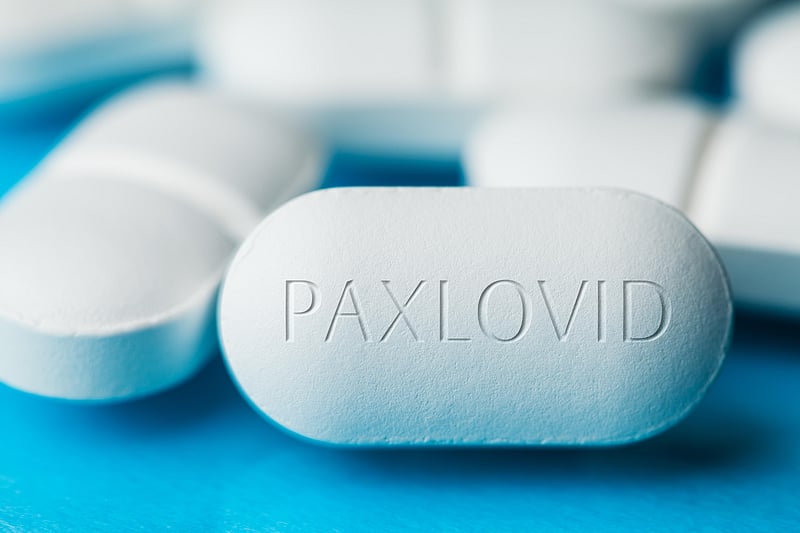Get Healthy!

- Dennis Thompson
- Posted May 24, 2022
COVID Can 'Rebound' After Treatment With Paxlovid, CDC Says
COVID-19 can make a comeback after an infected person has gone through a round of Paxlovid, the antiviral used to minimize a bout with the coronavirus, according to an advisory issued Tuesday by the U.S. Centers for Disease Control and Prevention.
"Recent case reports document that some patients with normal immune response who have completed a five-day course of Paxlovid for laboratory-confirmed infection and have recovered can experience recurrent illness two to eight days later, including patients who have been vaccinated and/or boosted," the CDC advisory said.
In these cases of "COVID-19 rebound," the illness improved or resolved within an average three days, without additional anti-COVID treatment, the CDC said.
A relapse after Paxlovid treatment doesn't mean the antiviral doesn't work, the advisory added.
"A brief return of symptoms may be part of the natural history of SARS-CoV-2 (the virus that causes COVID-19) infection in some persons, independent of treatment with Paxlovid and regardless of vaccination status," the CDC said.
The agency added that "Paxlovid continues to be recommended for early-stage treatment of mild to moderate COVID-19 among persons at high risk for progression to severe disease."
In clinical trials for Paxlovid, such a rebound was seen among some people who were in the placebo group and didn't get the drug, noted Dr. Amesh Adalja, a senior scholar at the Johns Hopkins Center for Health Security, in Baltimore.
In the original study, virus levels rose after 10 days in 1% to 2% of those taking either the drug or placebo pills, Pfizer and the U.S. Food and Drug Administration have noted.
"It's unclear how common the phenomenon of COVID-19 rebound is, whether it is a natural progression of the illness in certain individuals, what this relationship with Paxlovid is, and what is behind it," Adalja said.
He added that people with rebound COVID "have not had severe illness," but should isolate to protect others.
"People should be alert to a rebound in symptoms and test themselves and assume contagiousness if positive," Adalja said.
More information
The U.S. Centers for Disease Control and Prevention has more about COVID-19.
SOURCES: U.S. Centers for Disease Control and Prevention, statement, May 24, 2022; Amesh Adalja, MD, senior scholar, Johns Hopkins Center for Health Security, Baltimore
